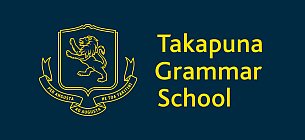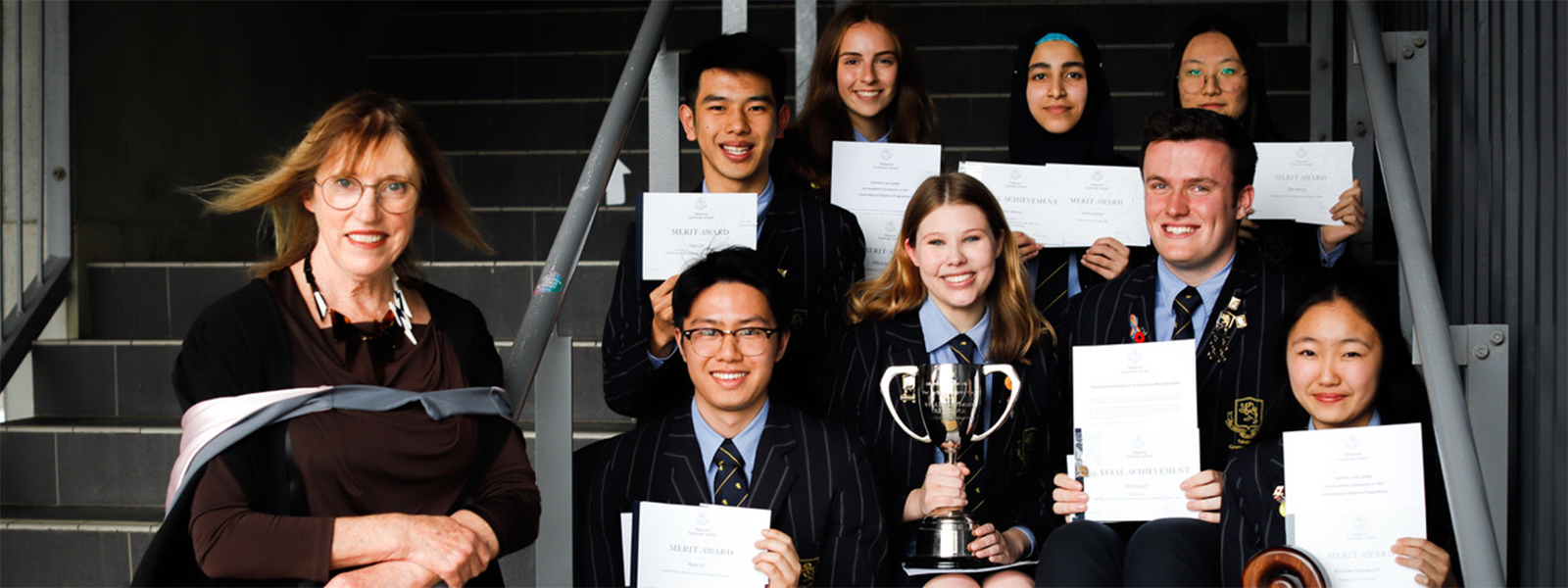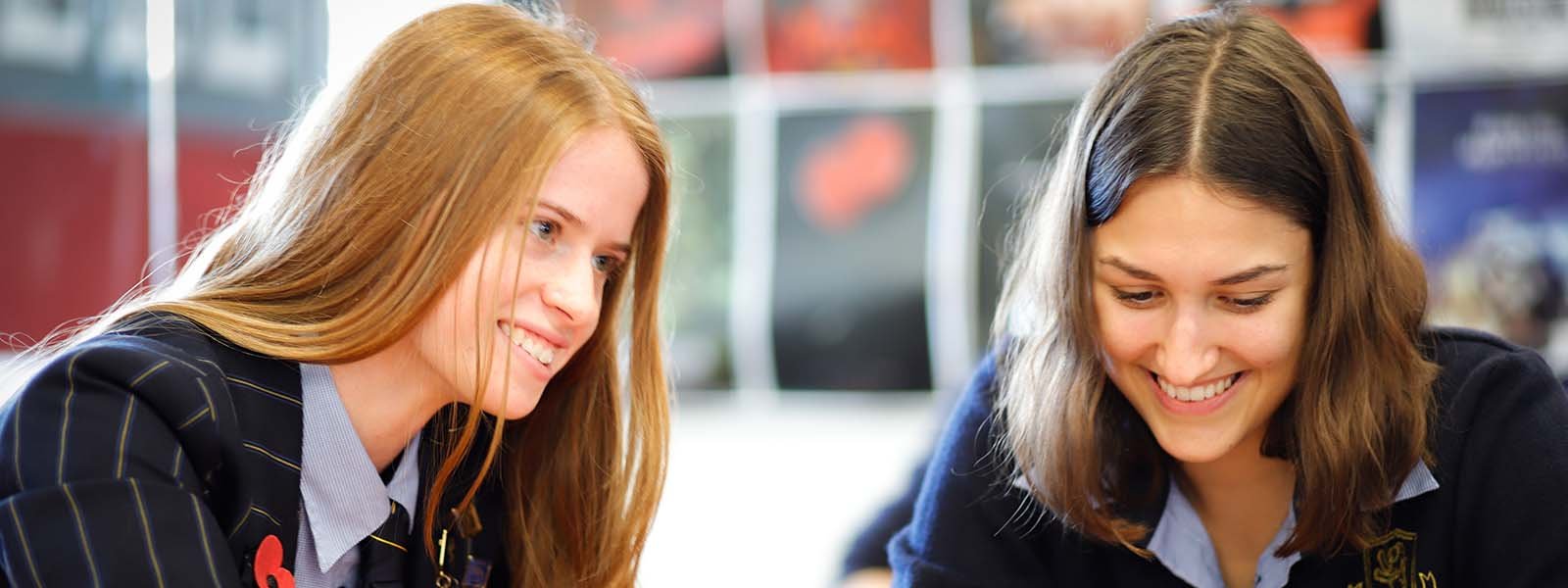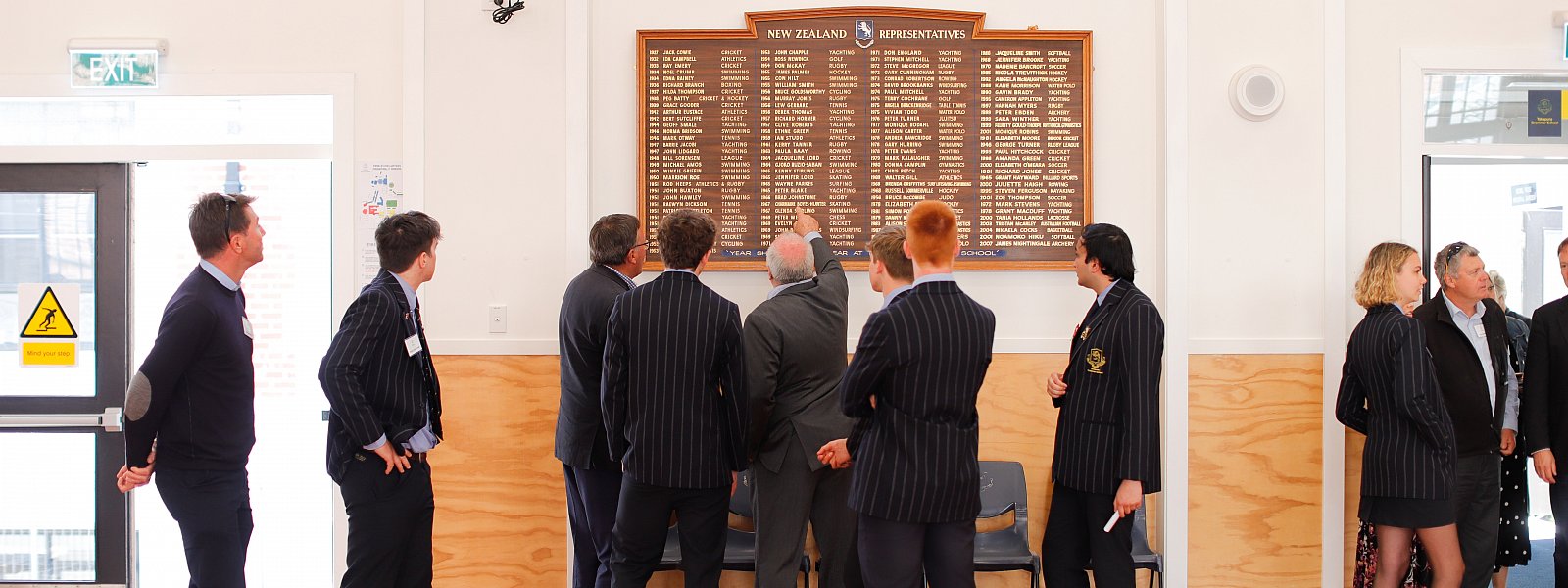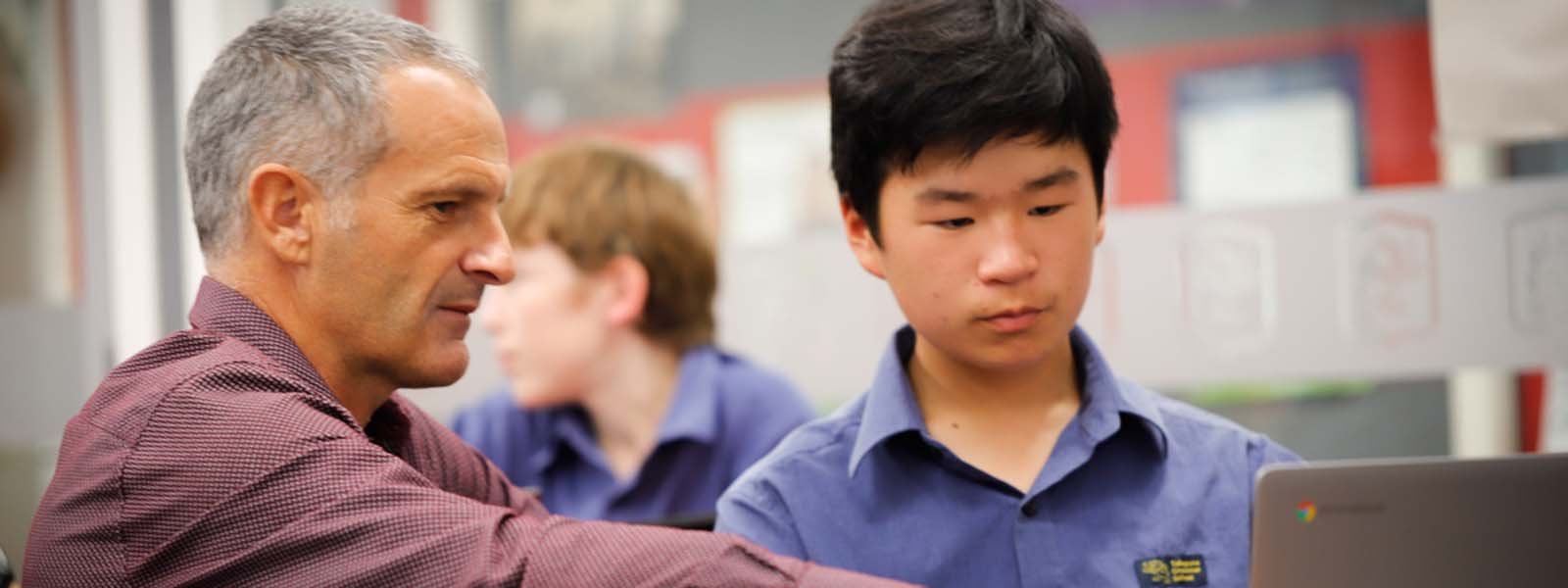The International Baccalaureate Mission Statement
“The International Baccalaureate aims to develop inquiring, knowledgeable and caring young people who help to create a better and more peaceful world through intercultural understanding and respect. Its programmes encourage students across the world to become active, compassionate and lifelong learners who understand that other people, with their differences, can also be right.”

IB Leaner Profile
Informed by the International Baccalaureate (IB) mission to develop active, compassionate and lifelong learners, the IB programmes foster a distinctive set of attributes.
Inquirers. They develop their natural curiosity. They acquire the skills necessary to conduct inquiry and research and show independence in learning. They actively enjoy learning and this love of learning will be sustained throughout their lives.
Knowledgeable. They explore concepts, ideas and issues that have local and global significance. In so doing, they acquire in-depth knowledge and develop understanding across a broad and balanced range of disciplines. IB students are extraordinarily well prepared for the academic requirements of university coursework.
Thinkers. They exercise initiative in applying thinking skills critically and creatively to recognize and approach complex problems, and make reasoned, ethical decisions.
Communicators. They understand and express ideas and information confidently and creatively in more than one language and in a variety of modes of communication. They work effectively and willingly in collaboration with others.
Principled. They act with integrity and honesty, with a strong sense of fairness, justice and respect for the dignity of the individual, groups and communities. They take responsibility for their own actions and the consequences that accompany them.
Open-minded. They understand and appreciate their own cultures and personal histories, and are open to the perspectives, values and traditions of other individuals and communities. They are accustomed to seeking and evaluating a range of points of view, and are willing to grow from the experience.
Caring. They show empathy, compassion and respect towards the needs and feelings of others. They have a personal commitment to service, and act to make a positive difference to the lives of others and to the environment.
Risk-takers. They approach unfamiliar situations and uncertainty with courage and forethought, and have the independence of spirit to explore new roles, ideas and strategies. They are brave and articulate in defending their beliefs.
Balanced. They understand the importance of intellectual, physical and emotional balance to achieve personal well-being for themselves and others.
Reflective. They give thoughtful consideration to their own learning and experience. They are able to assess and understand their strengths and limitations in order to support their learning and personal development.
[[readmore:How does the IB Diploma work?]]
In the IB Diploma Programme, students study six subjects; 3 at higher level (HL) and 3 at standard level (SL). Students must choose one subject from each of Groups 1 to 5, thus ensuring breadth of learning in Language and Literature, Languages, Social Studies, Science and Mathematics. Students can study an Art in Group 6, or take another Science instead.
In addition, all students participate in all three components of the Core: The Extended Essay, Theory of Knowledge and Creativity, Activity and Service. These are central to the philosophy of the Diploma and the Learner Profile.
